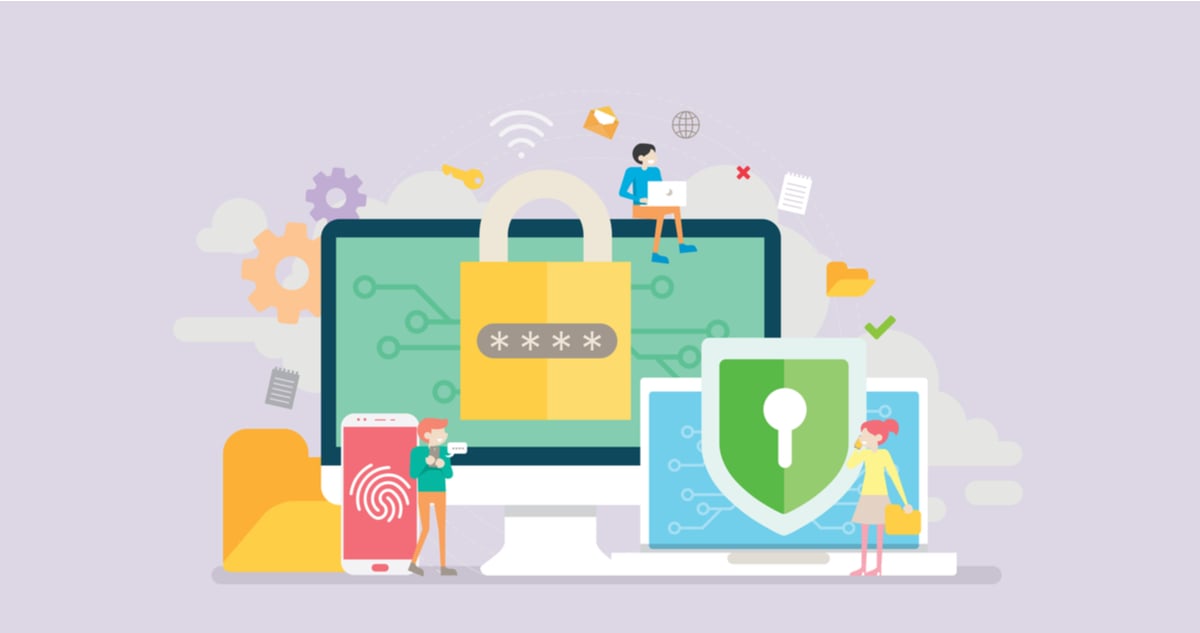It’s news to few that mainstream understanding of communications technologies has made incredible leaps forward of late, if you have read our complete guide to cloud communications technology you'll already have some idea.
More and more decisionmakers are realising that downloading a lone videoconferencing application for their remote team is not enough.
They must work to effectively unify their different communications tools, channels and applications.
Learn more about how Unified Communications (UC) can benefit your employees, your customers, and your bottom line in our complete guide
A recent survey sponsored by Ribbon revealed that 57% of large companies (1,000+ employees) plan to invest in Unified Communications solutions either in this year or the next.
Is there a climate of concern around Unified Communications?
But while the interest and enthusiasm for UC has surged, some business owners are still reluctant to invest.
According to reports from Frost and Sullivan, two particular concerns for companies investing in UC technology are reliability and security.
In November last year, Ronnen Brunner, Vice President of EMEA Sales at ExtraHop wrote a piece for UC Today encouraging businesses to “give new technologies the due diligence they require”.
“We need connectivity and we need it fast. But just as on the highway, speed can be dangerous. Many UC devices[...]are often produced with insecure components”
Ronnen Brunner, Vice President of EMEA Sales at ExtraHop
Investing in communications technology you can trust is more crucial to business survival than it has ever been.
Read on to find what we think are three of the most important traits of a unified communications solution you can trust.
1) Business continuity as a contractual obligation
Network downtime – i.e. the temporary loss of access to your phone systems and data – not only has a disastrous impact on an organisation’s ability to communicate both internally and externally, it also represents devastating real-world damage to customer relationships and revenue.
According to estimations from Gartner, the average cost of downtime is more than £4000 per minute.
A good UC provider will have a “three nines” guarantee – meaning a commitment to providing 99.9% uptime or better – cemented into their service-level-agreement (or SLA).
This is a strong display of their devotion to your business and its performance. And therefore, a worthy trait of a UC solutions provider you can trust.
2) Geo-redundant infrastructure
A strong geo-redundant network infrastructure is crucial to preventing downtime.
Cloud-hosted unified communications solutions providers often host their network and service from a data centre in a different geographic location.
Geo-redundancy refers to the security practice of having multiple data centres located in a number of different secure locations that run concurrently with the same functionality.
This provides resilience against a wide variety of circumstances that, while highly unlikely, present a grave business risk.
A UC solution that is supported by geo-redundant data centres makes for more consistent connectivity and performance, providing a powerful fail-safe in the event of any sudden force of nature that might lead to a network outage or other downtime.
So if one of your UC provider’s centres goes down in the event of a freak accident, your data and service can simply failover to another fully operational one – allowing your communications to carry on without a hitch.
3) On-hand support for implementation (and the rest)
Old habits die hard within business teams.
That’s why change can be difficult – whether it’s a change of process or a change of system.
Implementing UC within a business often requires both.
And while unified communications solutions can offer enormous gains in terms of efficiency, productivity, and streamlining operations, that doesn’t mean implementation is a walk in the park.
Particularly for organisations attempting to orchestrate the training, set up and cultural changes needed to get a new end-to-end communications solution up and running in house.
Enlisting a third-party service provider to support you with set up of your solution, and any ongoing queries or issues you may have, can save you a huge amount of internal stress, as well as time and money.
Despite all of the benefits it brings, Unified Communications still requires a lot of attention, so partner with a provider that you know goes above and beyond to support their customers at all hours of the day.
Remember, when you integrate all of your communications through one interface, you only have one point of contact for support. So it needs to be the absolute best.









